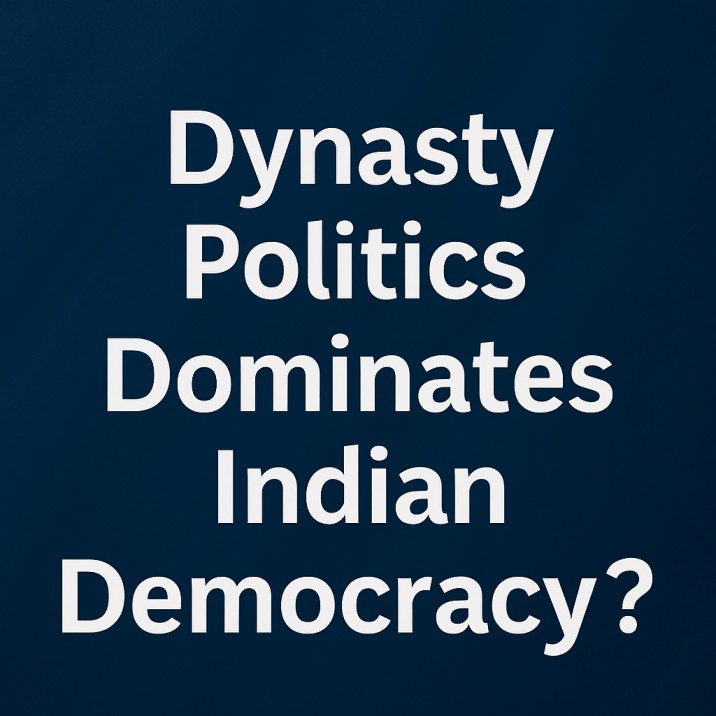Coalition politics is not new to India. While the Congress party dominated the early decades after Independence, the rise of regional parties eventually made coalition governments a common feature of Indian democracy.
Coalitions bring certain advantages. A single-party rule may ignore diverse voices, but coalitions ensure representation for multiple groups. Regional interests and community issues find space in government policies. Moreover, decision-making in a coalition involves debate and negotiation, which often prevents the misuse of absolute power.
But the drawbacks are equally significant. Coalition partners may prioritize personal or party interests over national welfare, leading to unclear policies and delayed decisions. Sometimes, withdrawal of allies has even toppled governments, creating political instability.
For democracy, coalitions act as a balancing force but also bring the threat of instability. People often pay the price when development takes a backseat to coalition arithmetic.
Coalition politics cannot be seen as a permanent solution — they are temporary power arrangements. Yet, they remain essential in a diverse democracy like India where every community seeks representation. If citizens vote wisely, focusing on real issues rather than narrow calculations, coalition politics too can serve as a tool to strengthen democracy.

